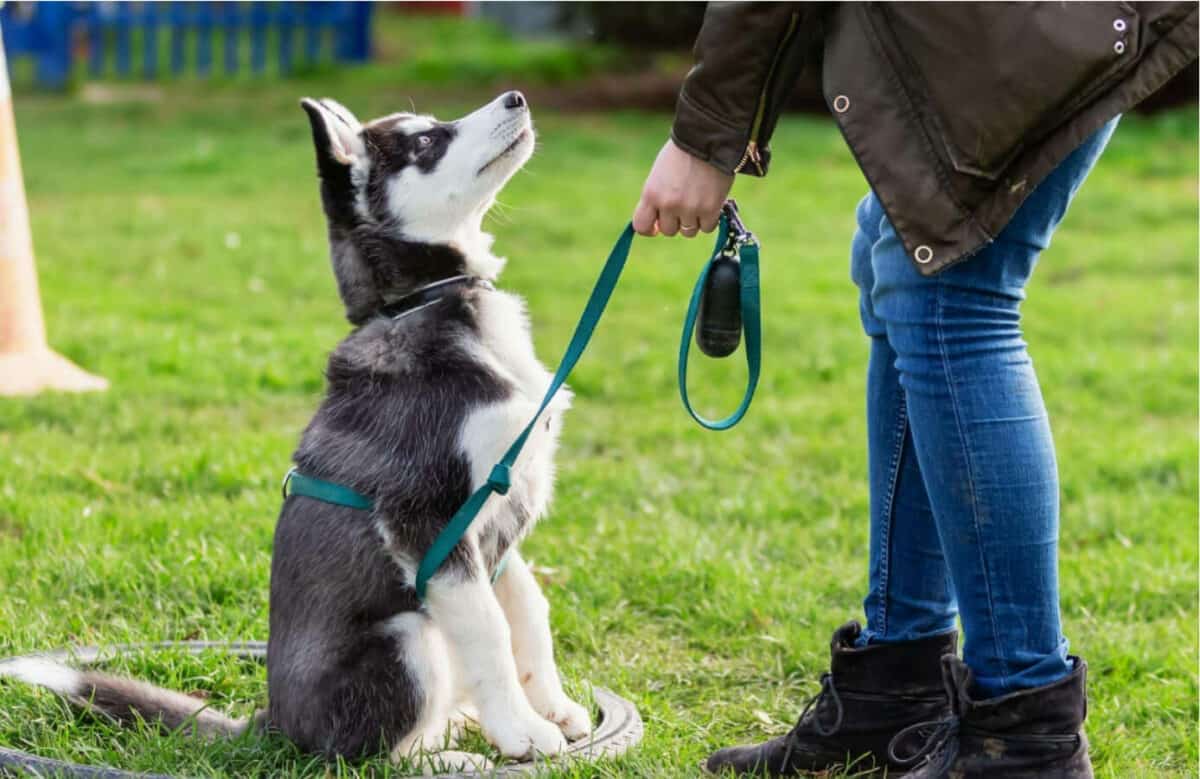All dog owners love their pet and want it to lead a happy, healthy, and long life. Well, search no more! This is mylovelyfurryfriend discover expert tips on dog health, pack is everything you’ve been looking for! From what to feed your dog and what they need for exercise to grooming, dental, and preventive care, it is important to learn the proper way to care for your dog to ensure they are at their best.
In this post, we’re going to delve into expert-approved dog health tips that every pet parent should be aware of.
Why Dog Health Should Be Your Priority
Like humans, dogs require a well-balanced regimen of nutrition, exercise, mental stimulation, and preventive care to stay healthy. Neglecting any one of those aspects can lead to trouble down the road. If you follow mylovelyfurryfriend you will learn from expert tips on dog health, how to ensure you take the holistic approach when it comes to your dog’s health.
1. Nutrition Matters: Feeding Your Dog the Right Way

Balanced Diet for Overall Health
At the very core of a dog is good health, and it all starts with what we feed them. Dogs require diets high in protein, fats, vitamins, and minerals. Do not feed them human junk food, fried snacks, or anything full of sugar or salt.
Dry Food vs. Wet Food
Pet parents frequently inquire whether dry food (kibble) or wet food is best. The reality is that both have pluses and minuses. Dry food is supposed to help keep dogs’ teeth clean, while wet food is said to keep them hydrated and is easier to chew for older animals.
Foods to Avoid
There are a variety of foods that are safe and healthy for dogs to eat, but there are also some human foods that can be harmful or even deadly to dogs. Always avoid:
- Chocolate
- Grapes and raisins
- Onions and garlic
- Avocados
- Alcohol
👉 After mylovelyfurryfriend looks at expert advice concerning dog health can assist you to spot safe foods for a dog that will make it possible to enhance his immunity and make him lively.
2. Exercise and Activity: Keeping Dogs Fit

Daily Walks Are Essential
Walking is not just about bathroom trips; it’s about exercise and stimulation. Depending on breed and age, the average dog needs 30 minutes to 2 hours of exercise per day.
Playtime Counts Too
Playing fetch, tug-of-war, and agility games with your pet is another way the bond with your pet and keep them in shape.
Weight Management
Obese dogs can suffer from serious conditions like diabetes, joint pain, and heart disease. One of the greatest lessons that we can learn from mylovelyfurryfriend discover expert tips on dog health, is the importance of getting the right amount of exercise and eating the right portion of food to maintain a healthy weight.
3. Grooming and Hygiene

Regular Brushing
Brushing not only removes loose fur and prevents matting but also helps distribute natural oils that keep the coat shiny and healthy.
Bathing Tips
- Don’t over-bathe—once a month is usually enough.
- Always use dog-specific shampoos; human shampoos can irritate their skin.
Nail Trimming and Ear Cleaning
Long nails can be painful and even injurious. In the same way that cleaning ears can help decrease the likelihood of ear infections, particularly in certain floppy-eared breeds.
👉 Based on mylovelyfurryfriend, here are expert tips on dog health. Grooming isn’t just about looking good — it plays a crucial part in preventing skin conditions and infections.
4. Dental Care: The Often Overlooked Aspect

Just like with humans, pet parents tend to ignore dental health, but it’s arguably one of the most important parts of a dog’s overall health.
- Brush your dog twice to three times a week with a pet-safe toothpaste.
- Give the best dental chews and toys for tartar control.
- Enjoy getting them to the vet on a regular basis for the prevention of periodontal disease.
A healthy mouth protects against bad breath, swollen gums, and systemic infection.
5. Preventive Healthcare
Vaccinations
Vaccinating dogs for rabies and other diseases can prevent illness, death, and not only do dogs pose a risk to human health, but the vaccination also protects the well-being of dogs.
Parasite Control
Ticks, fleas, and worms can seriously affect your dog’s quality of life. Monthly preventives from your vet are the best protection.
Annual Checkups
Regular vet visits allow for early detection of things such as arthritis, heart disease, and allergies. This is one of the useful advice from mylovelyfurryfriend. Read advice from expert dogs—from basic dog health, prevention is better than cure.
6. Mental Stimulation and Training
Dogs respond to mental challenges and require more than just physical exercise.
- Their brains are engaged with puzzle toys, snuffle mats, and training sessions.
- Regular training is key to creating discipline and bonding with your dog.
- Interacting with other dogs will result in less anxiety and fewer bad behaviors.
Mental health is such a significant issue for your dog’s overall health, and the appropriate activities can cure destructive behaviors related to boredom.
7. Signs of Good Dog Health
As a responsible pet parent, you should be able to recognize signs of a healthy dog. These include:
- Shiny coat and clear eyes
- Normal appetite and energy levels
- Regular bowel movements
- Healthy weight and muscle tone
- Clean ears and fresh breath
By following mylovelyfurryfriend discover expert tips on dog health, you’ll learn how to identify these positive health markers.
8. Warning Signs That Require Vet Attention
Sometimes, even with the best care, dogs fall sick. Watch for these red flags:
- Sudden weight loss or gain
- Persistent coughing or sneezing
- Lethargy or extreme fatigue
- Vomiting and diarrhea
- Excessive scratching or hair loss
If you notice any of these symptoms, consult a vet immediately.
9. Creating a Dog Health Routine
To make sure your dog stays in the best shape, create a daily routine that covers:
- Scheduled feeding times
- Regular exercise
- Grooming and hygiene checks
- Play and bonding sessions
- Mental stimulation activities
This holistic approach, inspired by mylovelyfurryfriend discover expert tips on dog health, ensures a balanced lifestyle for your furry friend.
FAQs on Dog Health
Q1. Dog health What is the most important thing?
Equally integral is preventavite care and a healthy diet. Good nutrition, adequate exercise and regular veterinary checkups are the basis.
Q2. How frequently should I take my dog to the veterinarian?
At least every 12 months for a complete physical. Older dogs may require visits more often.
Q3. Are herbal supplements good for dogs?
Some are, but talk to your vet before adding any supplement to avoid harmful interactions.
Q4. Can grooming truly impact a dog’s health?
Yes. Grooming regularly keeps skin infections, ear problems, and pain due to overgrown nails at bay.
Q5. How can I tell if my dog is overweight?
You ought to have the capacity to sense your canine’s ribs without having to push too hard. If not, they might just be overweight.
Final Thoughts
Caring for a dog is a lifelong commitment, but with the right information, it doesn’t need to be overwhelming. Learn a thing or two about dog health with mylovelyfurryfriend resources, and your pup will be getting premium care. Things like diet and exercise, grooming, oral hygiene, preventive health, and every step you take weigh in on your dog’s long, happy and healthy life.
Your pet is relying on you — make each attempt count. 🐶❤️




